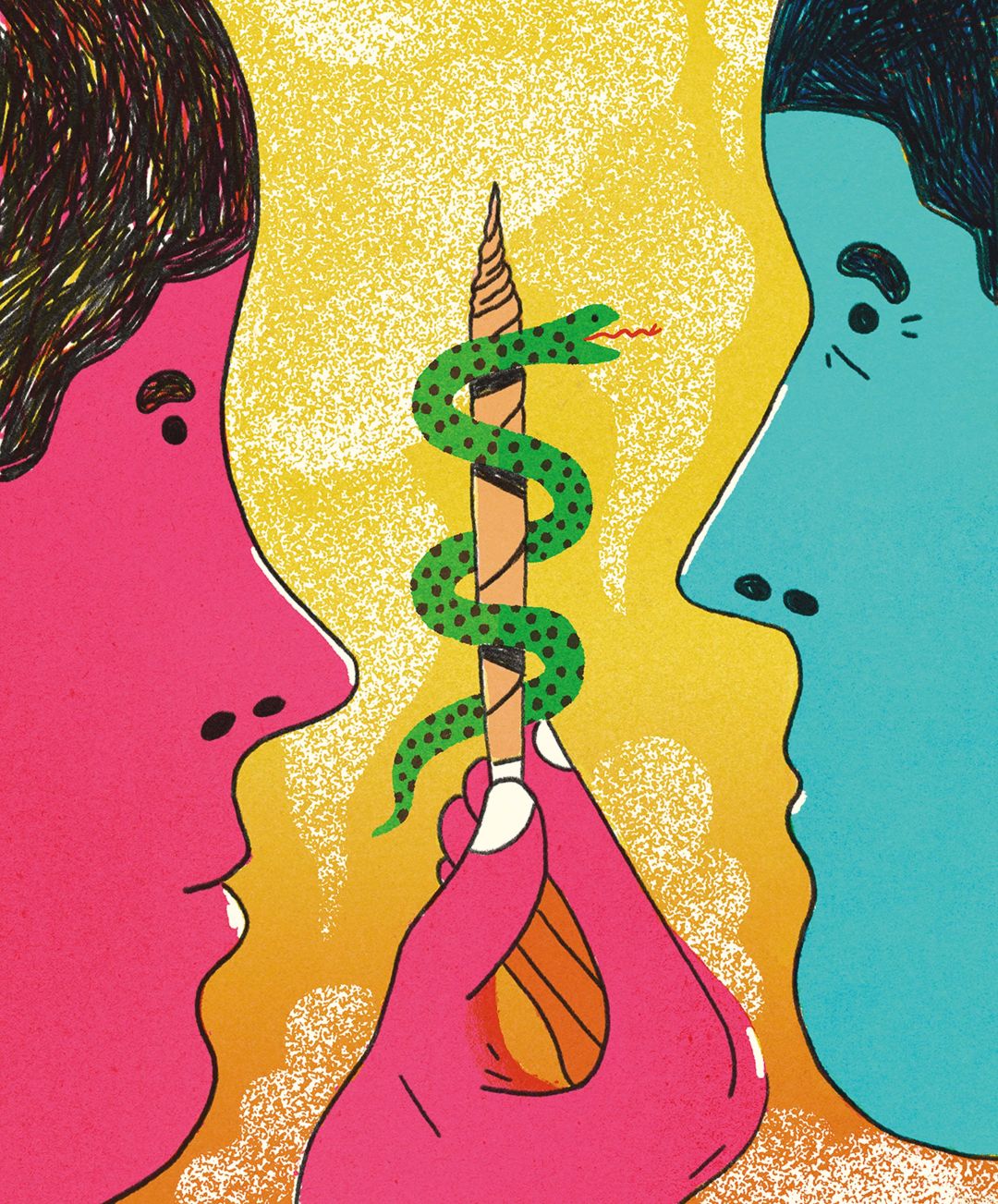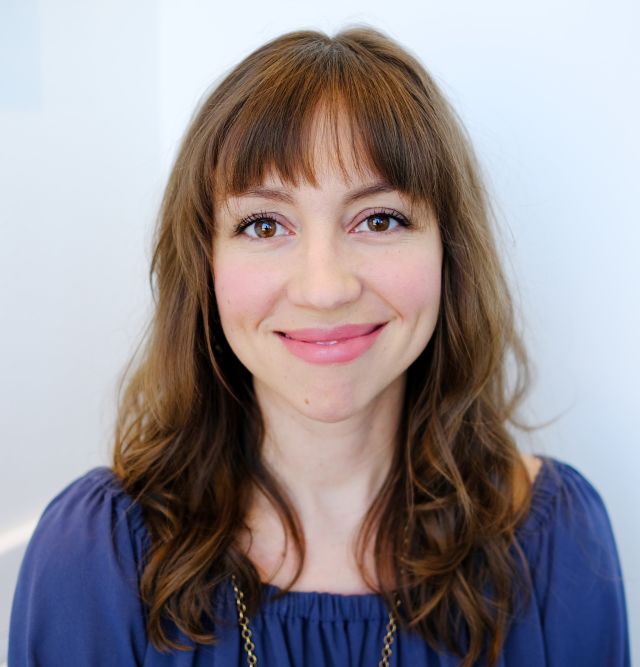Can Cannabis Help Fight America's Opioid Epidemic?

Image: Vance Lump
In 2014, the Journal of the American Medical Association published a study that altered the trajectory of neuroscientist Adie Wilson-Poe’s work. The paper demonstrated that rates of fatal opioid overdoses were 25 percent lower in states with medicinal marijuana laws on the books, on average, compared to states without cannabis-friendly laws. “Ever since that paper came out, it’s been keeping me awake at night,” says Wilson-Poe. “What is it about cannabis that is keeping people out of the grave?”
Even in Oregon, which legalized cannabis for medicinal use in 1998, an average of five people die every week from opioid overdose. Wilson-Poe believes weed can help us fight back when used as a tool for recovery.
The Portland-based neuroscientist’s career has been devoted to understanding the fantastically addictive power of heroin, morphine, and other prescription opioids that plague Pacific Northwest cities. Back in 2004, while studying drug tolerance as a psychology undergrad at Washington State, Wilson-Poe came upon a surprising connection between opioids and cannabis, which has since become the cornerstone of her National Institute on Drug Abuse–funded research.
“I discovered that they had analgesic synergy,” she explains. When opioids are taken in concert with cannabis, the combined painkilling effect is amplified beyond the dose. And she saw the implications of harnessing their harmony. Used in combination, cannabis reduces the quantity of opioids needed for acute pain relief—fewer opioids, lower risk of dose escalation and tolerance.

Adie Wilson-Poe
Image: Courtesy Lydia Barclay
Wilson-Poe now believes cannabis not only boosts relief in chronic pain patients but also could prevent addiction and even serve as a tool for opioid users looking to get clean. Considered one of only about a dozen experts globally in her field, she continues her research in an array of national studies and cofounded Portland-based cannabis research group Habu Health in 2016. Cannabis may not be perfect—as a Schedule One controlled substance, clinical trials determining its effects are largely prohibited, meaning much about the drug remains a scientific mystery for now—but is the millennia-old plant safer than opioids? Says Wilson-Poe: absolutely.
Portlander Robin George is the kind of person Wilson-Poe wants to help. George began taking prescription pills recreationally in 2009, the drugs supplied by friends. His reliance on Percocet eventually turned into a heroin addiction once the pill became too pricey. “I never thought in a million, million years I could’ve done that,” he says.
After years of addiction, and two outpatient programs, George quit opioids in 2016. And, like an increasing number of addicts, he was drawn to cannabis to cope. It helped abate opioid withdrawal’s hellscape of insomnia, restless leg syndrome, and nausea, and combated mental lows and anxiety, all while maintaining a feeling of control. “It doesn’t have those hooks like opiates,” says George, who has kept clean for the past three years. (He now works in the cannabis industry.)
“The first-person experience of exposure to cannabis has fundamentally shifted the conversation in the US,” Wilson-Poe says. She sees federal legalization as inevitable, meaning cannabis may formally join the country’s pharmacopoeia.
“It is a stupidly simple and innocuous tool that can be implemented immediately,” says Wilson-Poe, whose latest project include a study with recovering patients to sub in cannabis while tapering off opioid dependence, as well as a project to standardize labeling for cannabis products (“the phytochemical equivalent of the FDA’s nutrition facts,” she says). Long-term solutions and infrastructural changes are needed to combat America’s opioid epidemic, she adds, but when you have a house on fire, you don’t sit back considering building materials: “What you do is point a big fat hose at the fire, and this is part of cannabis’s role.”







